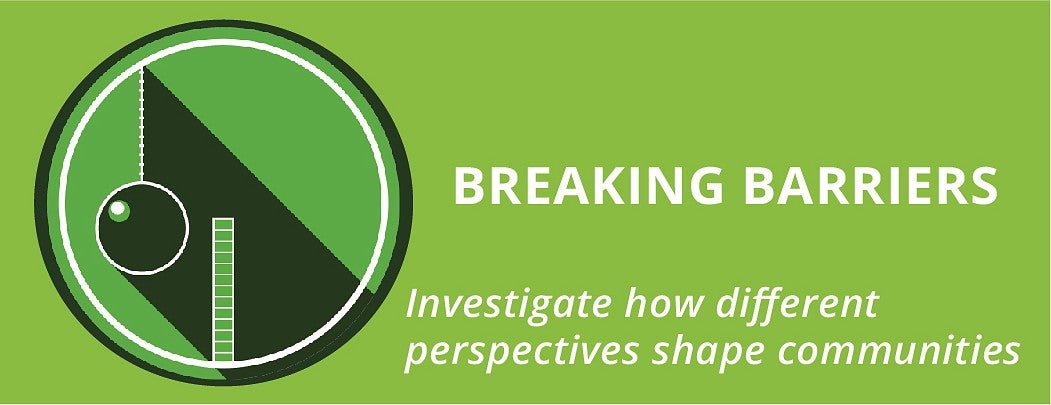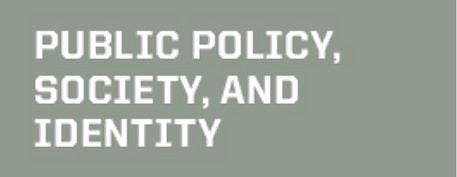
When the United States of America incarcerates the highest number of people per capita in the world, the title of mass incarceration seems warranted. How do we talk about the ethics of mass incarceration in America? Is there only one perspective? In this FIG, we will discuss those questions by examining the perspectives of a multiplicity of writers and speakers engaged with the criminal justice system. Students will engage with works from Michelle Alexander, Angela Davis, Bryan Stevenson, and more. Additionally, this FIG includes a tour of Lane County Jail in Eugene and a tour of Oregon State Penitentiary, a maximum-security prison in Salem. This FIG will provide a space for students to learn more about issues of incarceration, while also forming a community of students who support and encourage each other.
NOTE: The two tours require that students pass a background check and have a valid social security number. If you think this might constitute a barrier for you, please contact fypoutreach@uoregon.edu before registering for this FIG.
Deep-Dive FIG: Please note this FIG attends multiple mandatory field trips. This course has been vetted by First Year Programs to ensure first-term students can achieve success.
Students explore the intersection of topics by taking the following course package:
SOC 199 FYE Seminar - FIG Seminar, 1-credit
SOC 207 Social Inequality - CoreEd or major satisfying course, 4-credits
Our world is structured by unequal social relations that permeate all aspects of our lives. All societies have systems of stratification which result in the unequal distribution of economic, social, and political resources. These systems of stratification are complex, pervasive, and persistent yet highly variable. Focusing primarily on the United States, we will explore the structural bases of inequality by examining primarily three intersecting stratification systems: class, race, and gender. We will also examine some individual and collective experiences of people differently located in these systems of stratification. Through lectures, discussions, and videos, we will think critically about social inequality and how that’s reflected in our own social worlds and our personal experiences
PS 106 Power, Politics and Inequality - CoreEd or major satisfying course, 4-credits
Examines power and politics through the lens of inequality, focusing on the constant struggle between the haves and the have-nots. Primary purpose is to challenge students to re-explore the nation’s most salient political struggles through the lens of inequality and discrimination, rather than focusing on the values of democracy and majority rule—students will examine how our nation’s history is energized by the constant battle to resolve conflicts that pit majority wants against minority demands. To that end students will be required to adopt a range of perspectives and explore historical events through the lens of race, gender, sexuality, income and age.
FIG Theme:

Flight Path Theme:

